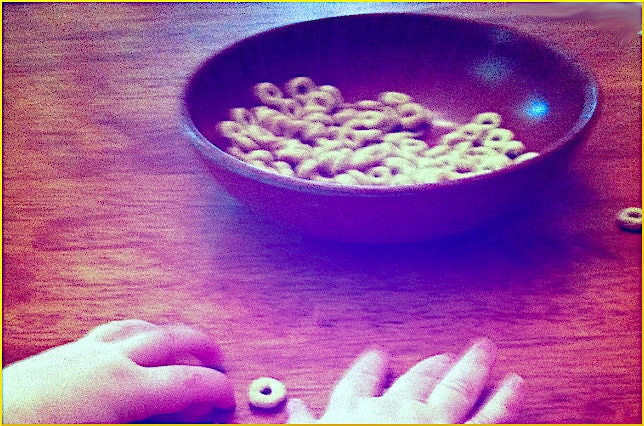
In the previous posts on the debate over whether food can have inherent or intrinsic addictive properties, we mentioned the final report summary from NEUROFAST on “The Integrated Neurobiology of Food Intake, Addiction and Stress.” This document summed up the findings from five years of extensive and multidisciplinary studies.
For a comprehensive list of key findings, plus explication, see the report, but these are some interesting highlights:
1B: Different eating disorders have different patterns of association with substance
abuse disorders.1C: [There is] evidence for pathways involved in the relationship between eating and substance
disorder onset.3B: Reward consumption activates brain regions conventionally thought to be involved in homeostatic control of food intake.
Once again, the multifactorial nature of a problem is clear. There are a number of different recognized eating disorders (and maybe even one or two as yet unidentified.) The struggle that some individuals have with food and eating certainly resembles addiction in many respects.
Yet the basic contradictions, as previously described, still persist. If some foods are addictive, why isn’t everyone hooked on them? Is it the food itself, or the more subtle rewards of handling internal and external conflict with displacement behaviors? In the realm of treatment, how do we get past the irrefutable fact that nobody can quit eating?
Meanwhile, here are some of the chemically interesting facets of the integrated neurobiology of food intake, addiction, and stress:
6E: Sweet taste and postingestive effects of food both support motivation for food. The postingestive effects of carbohydrates increase the motivation for food through an incentive learning mechanism.
3A: Ghrelin, a metabolic signal, modulates the rewarding value of food.
3C: Central kappa opioid receptors are a suitable drug target for the treatment of obesity and some associated co-morbidities.
3F: Different neural circuitry is implicated in different aspects of addictive behaviour… [D]ifferent neuropeptides specifically modulate addiction-related behaviors.
6B: In rodents, the hypothalamic oxytocin system is promptly and robustly activated by intragastric delivery of high calorific food.
In the section labeled “Limits to Our Understanding,” an interesting question is posed. If it is shown that some foods are particularly addictive, could it be that other foods are protective against this reaction?
The authors will go so far as to acknowledge an evident link between eating disorders and other disorders based on reward-seeking, such as substance abuse. But when it comes to common susceptibility factors, they cite a “critical ‘missing link’ in human data.” Nor do we have a good understanding of the common neurobiological substrate from which the mechanisms common to food reward and chemical drug reward originate. Also incompletely understood is “the relationship between psychopathology, stress, body weight and stimulatory behaviors of the reward system.”
Your responses and feedback are welcome!
Source: “Final Report Summary — NEUROFAST (The Integrated Neurobiology of Food Intake, Addiction and Stress.),” Europa.eu, January 2016
Image by Andrew Malone/CC BY 2.0

 FAQs and Media Requests:
FAQs and Media Requests: 











